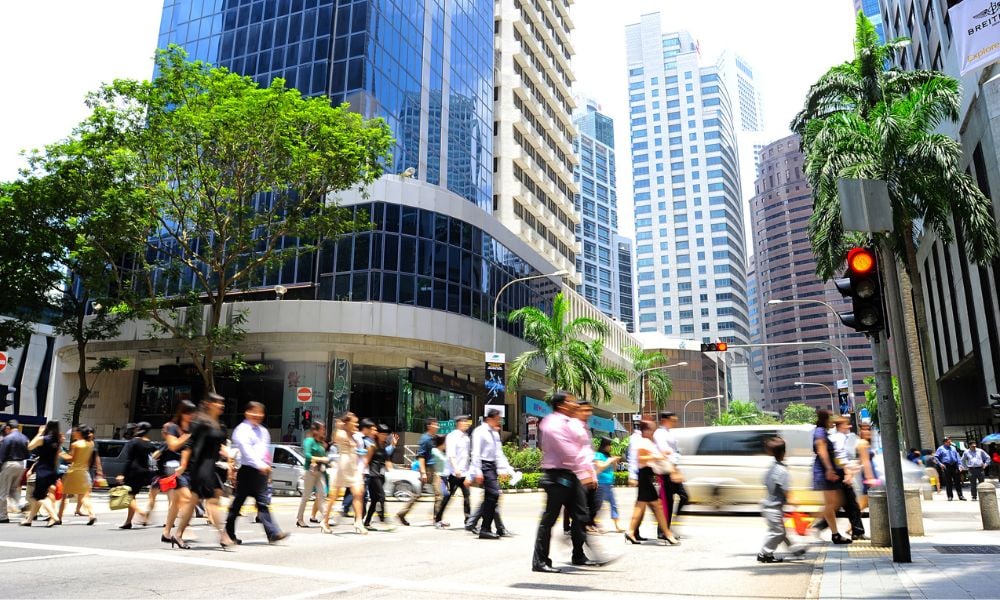
Survey reveals 'uneven' implementation, explores best practices in hybrid work

Singapore has emerged as one of the "strongest champions" of hybrid work arrangements across the Asia Pacific region, according to a new report that sheds light on the uneven implementation of the work arrangement in the region.
Researchers from the Centre for Creative Leadership (CCL) surveyed 2,200 people across APAC. They found that fewer than one in 10 leaders in Singapore expect employees to be on-site 100% of the time. They were the most open to granting complete flexibility to employees.
This comes amid strong encouragement from the Singapore government to implement flexible work. In April, the Ministry of Manpower strongly urged employers to embrace flexible work arrangements, citing its benefits for recruitment, retention, and engagement in the workforce.
The Singapore National Employers Federation has also started training HR professionals in implementing hybrid work and after-hours communication policies, while a Playbook on Hybrid Workplaces was also developed by the Institute for Human Resource Professionals to guide employers and HR professionals on the work arrangement.
The CCL report on hybrid work arrangements found that, among other APAC nations, leaders from Japan, Australia, and Vietnam were also more open to arrangements in which employees are not 100% on-site. Only eight per cent of them want their workers to be in the office full-time.
The situation is different in the Philippines, India, Sri Lanka, and Malaysia, where more than one in five leaders expected their employees to be 100% in-office.
The results indicate an uneven pace of hybrid work implementation across the region, according to the report, despite the adoption of the arrangement soaring during the pandemic.
In addition to its uneven implementation, the full impact of hybrid work, which the researchers dubbed Work 3.0, is also an "extremely mixed picture," according to Elisa Mallis, managing director and vice president of APAC at CCL.
"Across Asia Pacific, we're seeing an extremely mixed picture when it comes to the impact of the hybrid work environment on productivity, engagement, and well-being," Mallis said. "Fortunately, many leaders in the region appear to be stepping up to define a new vision for hybrid work and equip themselves with the right skills for Work 3.0."
Amid its boom in popularity, leaders across APAC identified the following benefits of Work 3.0:
However, the report reminded leaders to have a more grounded view on hybrid work despite its benefits, suggesting it could still have a negative impact on below-average performers.
"As organizations and leaders embrace the hybrid model, they must have a mitigation plan for engagement and productivity erosion in their below-average performer pools," the report said.
The research also found that one in two organisations implementing hybrid work do not have a long-term vision for it. Despite this, they recognise the power of people and teams in the success of hybrid work.
"What is clear is that the success of hybrid depends on people and culture, rather than technology; on building and in some cases re-building cohesive relationships within and across teams. We can consider it a re-building of the heartware," Mallis said.